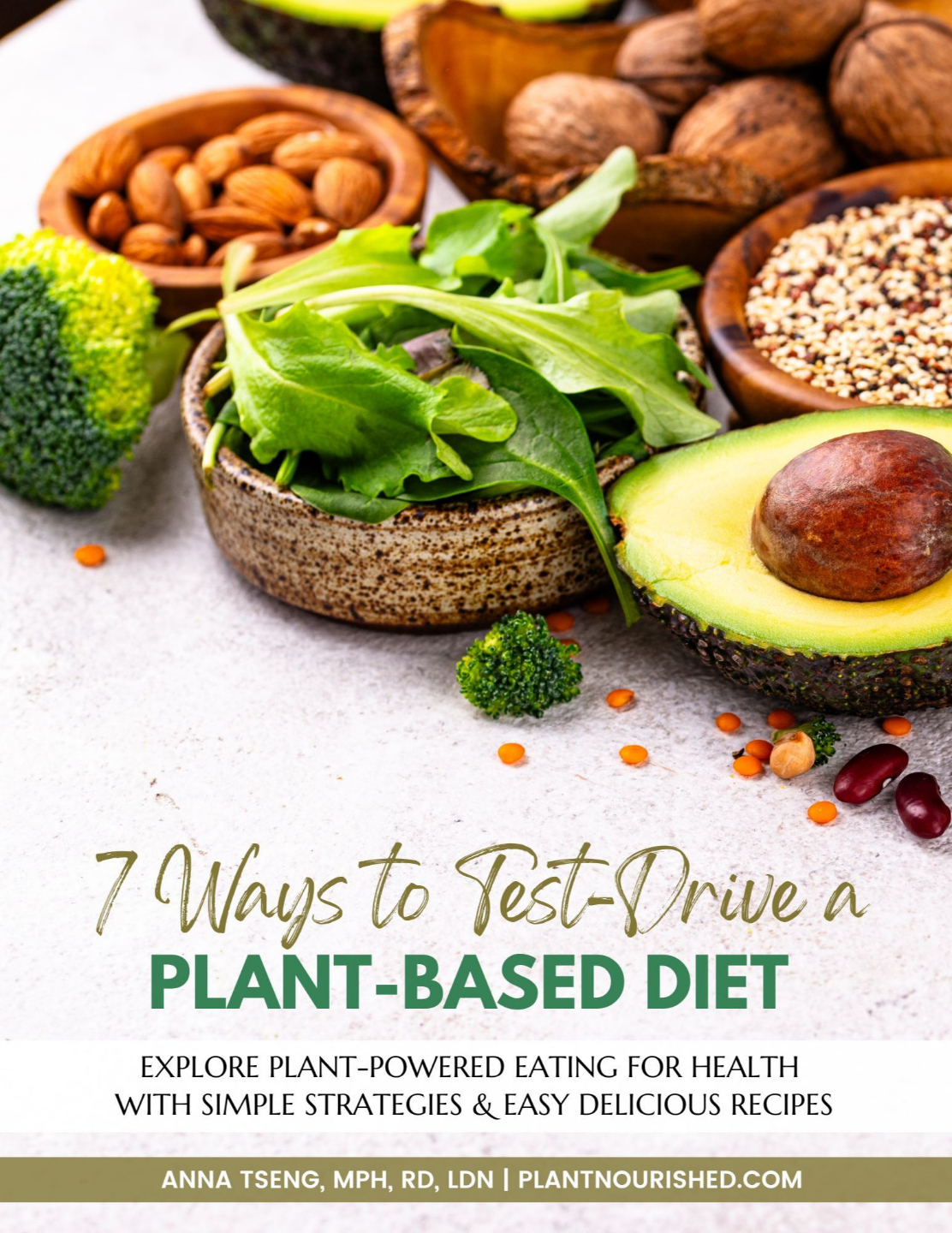Surprising Avocado Facts and Benefits
Jul 03, 2022
Have you ever looked at an avocado sitting in a grocery store bin or in the palm of your hand, and wondered if it’s actually a fruit, vegetable or something else? Or perhaps you’re wondering just how healthful avocados are and if you should be including them in meals. Let’s get these and other questions answered in this article!
First a Few Fun Facts
Did you know? Native to Mexico and Central America, avocados are also known by other names such as ‘avocado pear’ (they do have a similar shape) and ‘alligator pear’ (likely due to their shape and often leathery textured skin). Now onto the question, “Is an avocado a fruit, vegetable or something else?” Here’s the answer. Although the United States Department of Agriculture (USDA) database classifies avocado as a vegetable based on common usage, botanically speaking, the avocado is actually a berry with its fleshy pulp and single large seed. Isn’t that surprising?

Here are some other fun facts about these large berries. California is the largest producer of avocados grown in the United States, and a single California avocado tree can produce on average about 60 pounds or 150 avocados a year. There are also more than 500 varieties of avocados and these varieties differ in terms of size, texture, shape, and maturity rate!
So What’s in an Avocado?
Are there nutritional and health benefits to eating avocados? The answer is yes!
According to the United States Department of Agriculture (USDA) FoodData Central database, a raw avocado (201 grams in weight) on average contains 4 grams of protein, 13.5 grams of fiber, 1.1 milligrams of iron, 58.3 milligrams of magnesium, 20 milligrams of vitamin C, 975 milligrams of potassium, and 545 micrograms of lutein and zeaxanthin. Like olives, a high proportion of the fats in avocado are in the form of monounsaturated fatty acids. Avocados also contain vitamin E, vitamin K, choline, folate, antioxidants and other phytonutrients. In fact, one avocado contains 42.2 micrograms of vitamin K which is close to half (47%) of an adult female’s daily Adequate Intake (AI) level!
It is important to bear in mind, though, that the actual nutrient profile of an avocado will vary depending on factors such as the variety, size of the avocado analyzed, its grade of ripening, fertilizer use, as well as the growing climate and soil composition conditions.
Potential Health Benefits
Now let’s look at the health benefits of a few select nutrients in avocados. Given its high fiber content, avocados can help improve the microflora of the intestines by working as a prebiotic. In terms of potassium, the rich potassium content of avocados contributes to efficient regulation of electrolyte balance in the body, and to maintaining heart health and muscle function by regulating blood pressure.
In addition, avocados contain a vast array of secondary metabolites of different chemical classes with diverse biological activities. Avocado pulp is also a source of carotenoids like lutein, zeaxanthin, and α- and β-carotene. These work as powerful free radical scavengers, reducing damage to blood vessels by lessening the amount of oxidized low-density lipoproteins, and promoting eye health. Some studies appear to show that avocado intake lowers total cholesterol levels, though a systematic review and meta-analysis published in 2018 did not find this. To date, the potential antioxidant, anti-microbial, anti-cancer, anti-inflammatory and cardio-protective effects of avocados continue to be actively explored in research.

Tips for Using Avocados
As delicious and versatile as avocados are, it is important to remember that they are also calorically dense. According to the USDA FoodData Central database, a raw avocado (210 grams in weight) contains approximately 322 calories. So this can be a hefty part of one’s total caloric intake for the day. For young children who have higher energy requirements, and those who are underweight or pregnant, avocados are a great whole plant-based food to incorporate regularly into one's meals. However, if you are seeking to lose weight, it may be best to limit your intake of avocados by having a smaller portion or serving of an avocado at a time. This is a great time to share an avocado with a loved one or save a portion in a covered container in the refrigerator for later. To prevent the avocado from browning, you can wrap the avocado well using plastic wrap or squeeze a dash of lemon juice on the cut surface.
Also, be aware that it is still more healthful to consume avocado in its entirety than copious amounts of avocado oil. This is because when you eat a fresh avocado, you are getting the benefits of a packaged deal – from the vitamins, minerals, fiber and other phytochemicals found in the avocado. The fats in the avocado will also be consumed and digested more slowly in your body, compared to the extracted oil version. Steps must also be taken to ensure the most authentic and healthful avocado oil is purchased.
I hope this article has helped you. The next time you eat or grab an avocado off the store shelves, I’m sure you’ll look at it now through a different lens!
Sources:
- Bhuyan DJ, Alsherbiny MA, Perera S, et al. The Odyssey of Bioactive Compounds in Avocado (Persea americana) and Their Health Benefits. Antioxidants (Basel). 2019;8(10):426. Published 2019 Sep 24.
- Lindert A. Persea americana. University of Wisconsin La Crosse. http://bioweb.uwlax.edu/bio203/s2012/lindert_ava/classification.htm. Accessed July 2, 2022.
- Avocado facts. California Avocados. Posted July 23, 2020. Accessed July 2, 2022.
- Rezazadeh A. How Many Avocado Varieties do you know? Which one is best for Guacamole? September 13, 2021. Accessed July 2, 2022.



